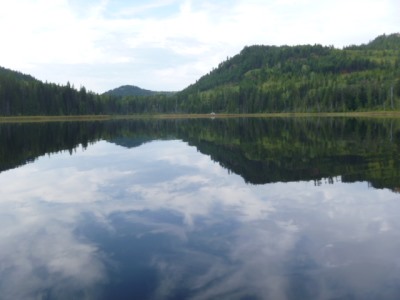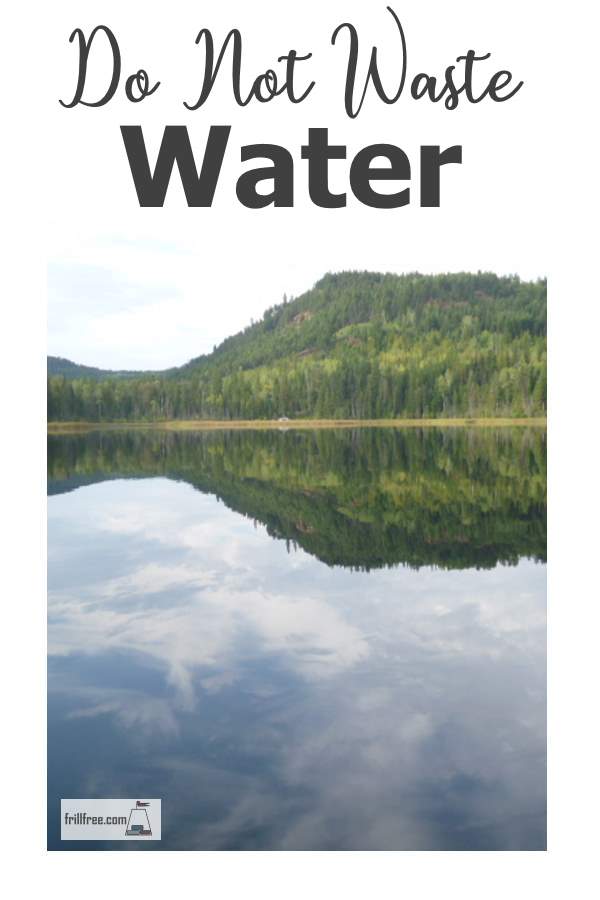- Homesteading
- Building Green Homes
- Do Not Waste Water
Do Not Waste Water...
Or; Waste Not, Want Not
In our society, it's the norm to waste water; we wash our cars frequently, leaving the hose running into the street. The lawn gets water via a timed application of expensive treated water supplied by the municipality, even when it's pouring rain.
Learn how to minimize water waste in your home and garden with a few easy water conservation tips;
Water Conservation at Home:
- Shut the tap off when you brush your teeth and shave.
- Time your shower; one or two minutes is adequate to wash. Do as the armed forces do - wet down, turn water off, then soap, then rinse.
Showers take a lot less water than baths. - Wash clothes only when you have a full load.
- Ditto for dishes; run the dishwasher only when it's full, or better yet; do the dishes by hand.
- Flush the toilet only when absolutely necessary; live by the motto; if it's brown flush it down, if it's yellow let it mellow.
Minimize Garden Water Waste:
- Use drip irrigation instead of overhead sprinklers; there is much less evaporation when the water is delivered right to the roots.
- Use a timer to give the plants the right amount of water.
- Turn the timer off when there is heavy rain in the forecast.
- Mulch to preserve moisture in the soil.
- Harvest water from every roof available, even if it's in buckets. A cistern is the ideal situation.
- Plant drought tolerant perennials and succulents which don't need a lot of water.
 Water is a precious resource; don't waste it...
Water is a precious resource; don't waste it...Building a house that doesn't require a lot of water could be the way of the future.
Planning and designing systems right from the start that can capture rain water and minimize water waste prevents expensive retrofitting and redesigning.
Even capturing rain water and snowmelt off the roof into a rain barrel can give you 40 gallons of extra water to irrigate plantings close to the house.
Some ways to conserve water in your dwelling would be things like having the hot water heater close to where you will use it, so there isn't the need to run the hot tap for five minutes to get rid of the cold water accumulated in the pipes.
With the availability of much more efficient appliances (front loading washing machines use less than half the amount of water to wash the same load as a top loader) and more mainstream technologies, it's getting easier all the time.
Before you start to build any kind of house construction project, carefully consider ways to prevent wasting water going forward.
You might be surprised at the benefits of this kind of mindset; it's possible that in the future, water will be an expensive commodity, and having a house that runs on very little could be a definite asset, both in operating costs, and in resale value.












